
New Navicular Bursa Injection Technique Validated
The ultrasound-guided technique allowed vets to see the needle enter the navicular bursa without hoof-wall interference.

The ultrasound-guided technique allowed vets to see the needle enter the navicular bursa without hoof-wall interference.
Tweets and take-homes from Saturday’s educational sessions on equine dentistry, ultrasound, hoof care, and more.
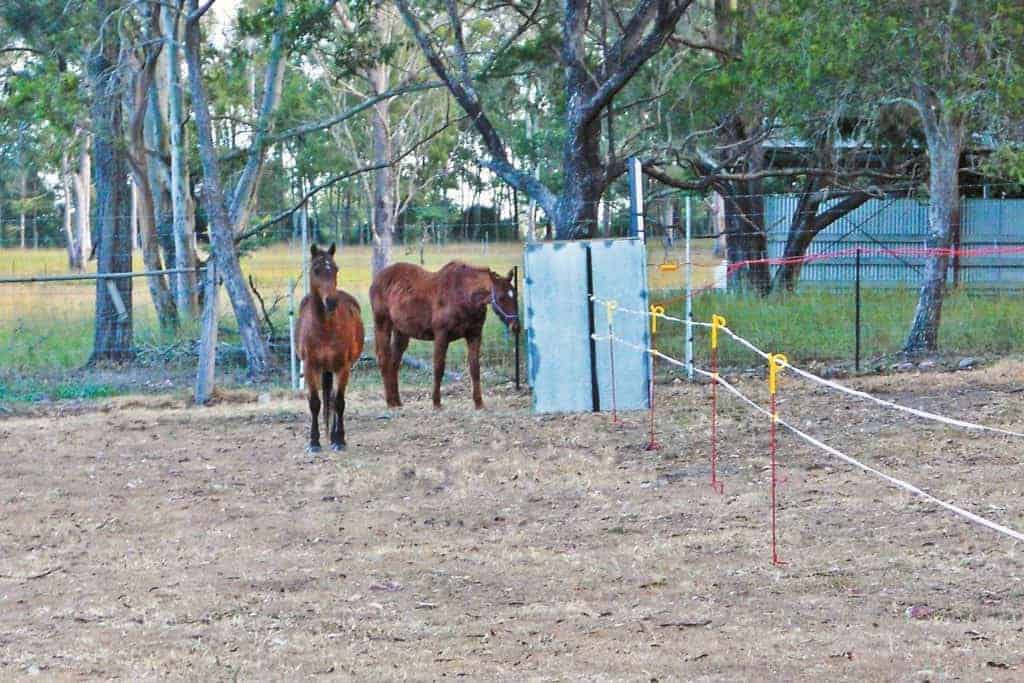
Researchers found that some ponies are willing to exercise themselves … as long as there’s food involved.

Scientists examined how the pairs’ spatial distance evolve between each other, as well as between other herd members.

Owners of horses with medical problems reported “good” results following nutritional consultation in 92% cases.
Tweets and take-homes from Day 1 educational sessions at the 2017 British Equine Veterinary Association Congress.
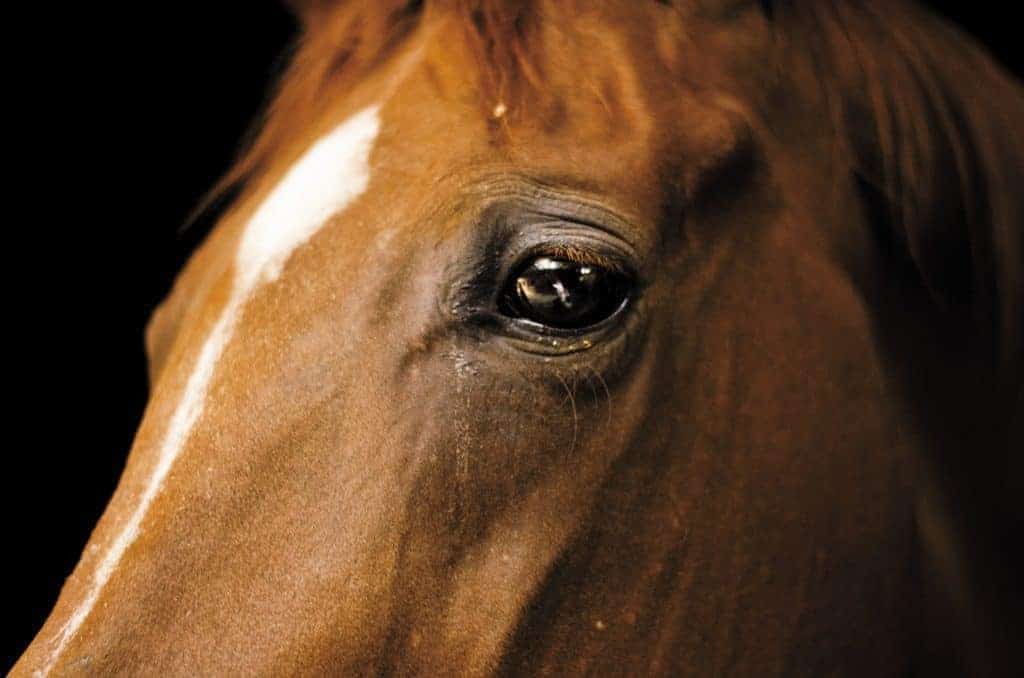
Italian researchers used the mirror self-recognition test on horses. Here’s a look at the results.

Horses showing signs of compromised welfare had low cortisol levels, indicating it could be a chronic stress indicator.
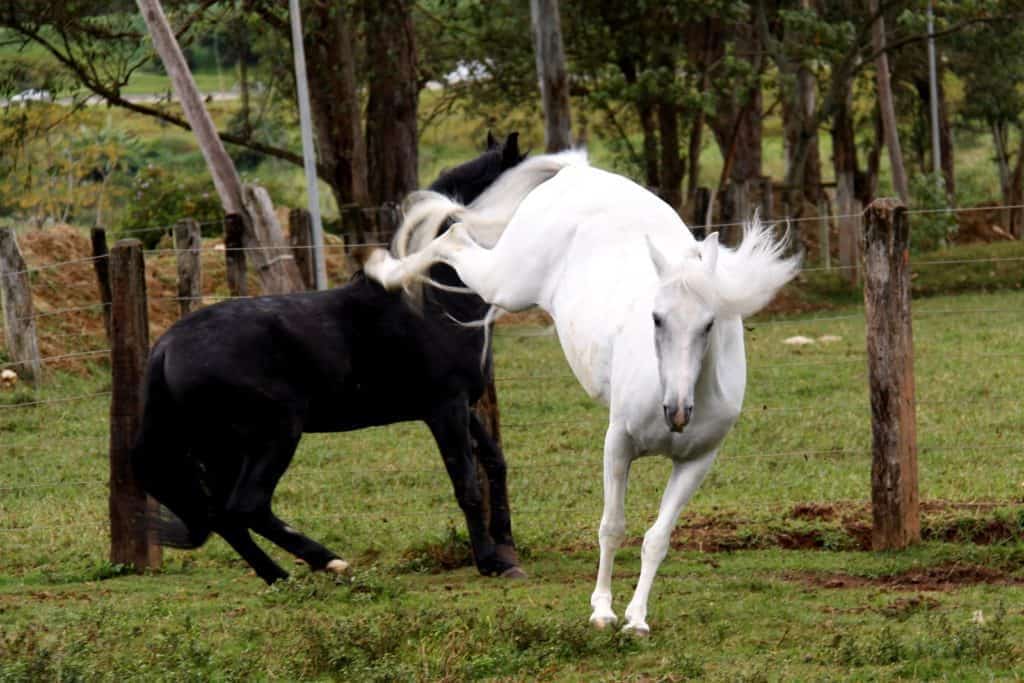
Knowing those forces could pave the way for safer stables and interactions with (and between) horses, researchers say.
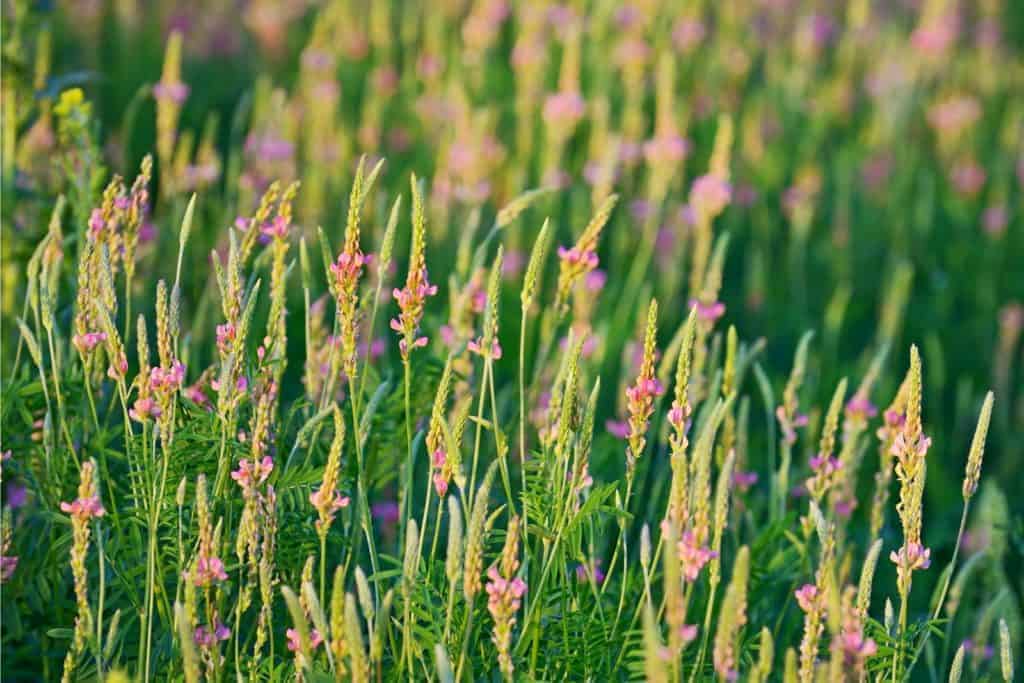
Researchers are studying sainfoin, a plant containing tannins, which have anthelmintic effects on ruminant parasites.

Horses voluntarily reduced their hay intake (and, thus, calorie consumption) when offered teff compared to ryegrass.
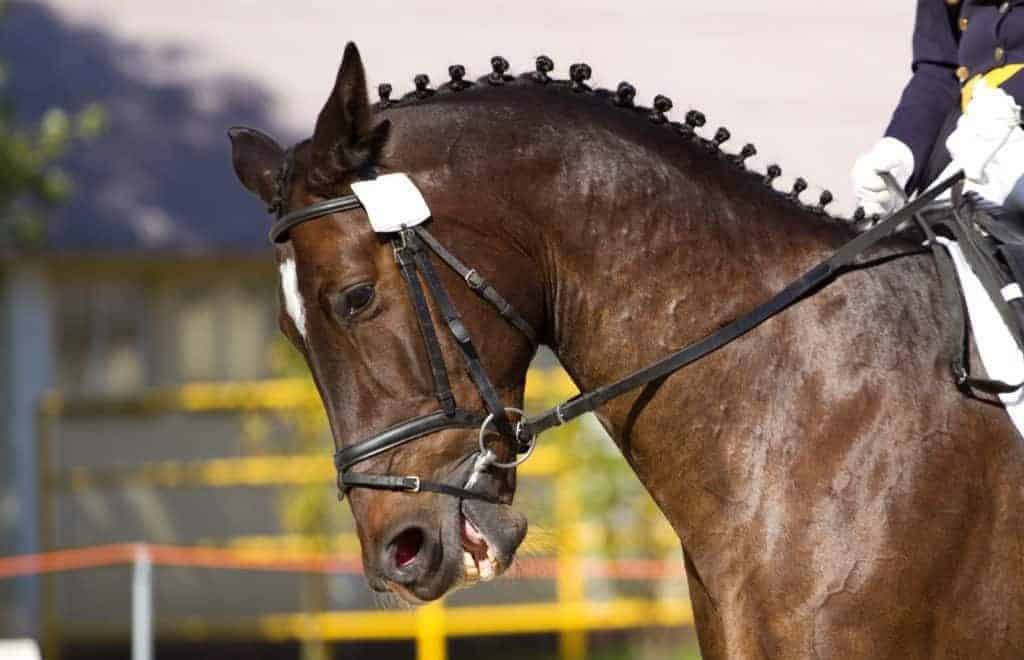
Mouth-gaping caused by bit pain could make it difficult for horses to breathe, researchers say.

Dr. Jim Schumacher shares strategies for assessing and treating equine head injuries.

Objective measurements can lead to more targeted therapy and provide a basis for comparison as the horse improves.

Veterinarians and researchers are on an ongoing mission to reduce the number of racehorse injuries and deaths during racing and training.

One veterinarian describes how she handles these dangerous bites in horses.
Stay on top of the most recent Horse Health news with
"*" indicates required fields